05 Dec How Stem Cell Therapy Works for Lichen Sclerosus
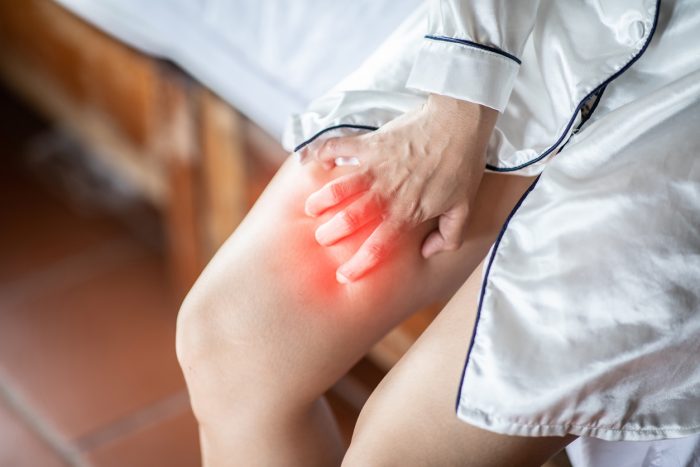 Lichen sclerosus is an inflammatory condition that affects the skin, especially around the genitals. This condition results in irritation, changes to the skin, itching, and pains. Lichen sclerosus is pretty rare and usually affects females, including those who have been through menopause and girls who have not started puberty.
Lichen sclerosus is an inflammatory condition that affects the skin, especially around the genitals. This condition results in irritation, changes to the skin, itching, and pains. Lichen sclerosus is pretty rare and usually affects females, including those who have been through menopause and girls who have not started puberty.
Typically, the physical symptoms of Lichen sclerosus manifest around the skin of the vulva, anus, or penis. These areas become thin, itchy, discolored, and irritated. Subsequently, blisters and sores could appear from persistent itching. It’s rare for these symptoms to appear on other body parts; however, it’s not impossible.
CAUSES AND SYMPTOMS OF LICHEN SCLEROSUS
Rheumatoid Arthritis is a chronic auto-immune condition in which a body’s immune system produces antibodies that typically attach to the linings of joints. Immune system cells attack these joints, resulting in swelling, severe pains, and inflammation.
It is common for inflammation to extend to the cartilage that encompasses the joint ends, resulting in irreversible damage and functional loss. In fact, if left untreated, rheumatoid arthritis further damages other tissues, including the heart, skin, lungs, kidneys, and eyes.
- Frequent falls: In women, this typically results in the vulva and vaginal. Uncircumcised men experience this symptom at the foreskin of the penis.
- Skin changes: It’s typical for white spots to appear on the genitals. The affected area could become thin, transparent, smooth, shiny, or crinkled as white patches spread.
- Ulcers and sores: As the condition progresses, patients experience blisters, cracks, and sores in their genitals. As such, the affected area may crack, bruise and bleed with the slightest touch.
- Scarring: At this point, if the condition is still left untreated, Lichen sclerosus can lead to scarring, making the genital anatomy appear different. Scarring on the anus or penis also leads to challenges with peeing or constipation.
STEM CELL THERAPY FOR LICHEN SCLEROSUS
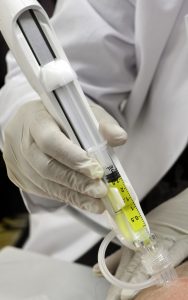 Two overall strategies are involved in addressing this disease with stem cell therapy. First, medical practitioners can engage in autologous stem cell transfer, whereby stem cells from patients are genetically altered to restore the missing protein – dystrophin – and re-implanted into the patient. For the second strategy, patients are implanted with allogeneic stem cells from an individual with functional dystrophin.
Two overall strategies are involved in addressing this disease with stem cell therapy. First, medical practitioners can engage in autologous stem cell transfer, whereby stem cells from patients are genetically altered to restore the missing protein – dystrophin – and re-implanted into the patient. For the second strategy, patients are implanted with allogeneic stem cells from an individual with functional dystrophin.
Both strategies reverse skeletal muscle damage by regenerating new muscle fibers. Bone marrow cells such as HSCs and mesenchymal stem cells (MSCs) are used for this process. These cells are multipotent and capable of differentiating into other connective tissue types.
They also offer anti-inflammatory and anti-apoptotic effects and can produce extracellular matrix molecules.
Brand Ambassador Gallery
The USA stem cell leader offers procedures in
7 Countries including:
SUCCESS STORIES
R3 STEM CELL MASTER CLASS
Learn everything you need to know about the ever expanding field of regenerative medicine in this 8 part series that includes over four hours of entertaining content!
R3 STEM CELL INTERNATIONAL
R3 Stem Cell International includes 45 clinics in 7 countries. These Centers of Excellence treat all types of conditions with safe, effective protocols by expert stem cell physicians.
FREE STEM CELL CONSULTATION
R3 Stem Cell offers a no cost consultation to see if you or a loved one is a candidate for regenerative cell therapies including cytokines, growth factors, exosomes, and stem cells.
PROVIDER PARTNERSHIP
The R3 Partnership Program offers providers an all-in-one regenerative practice program including marketing, consultations and booked procedures!


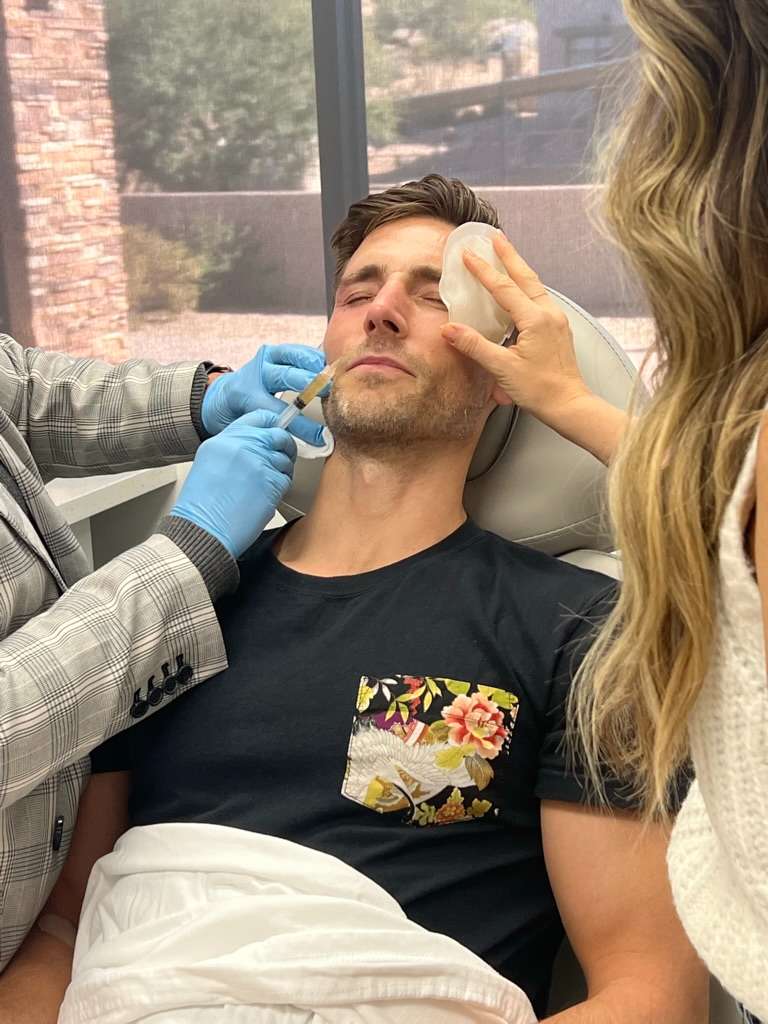
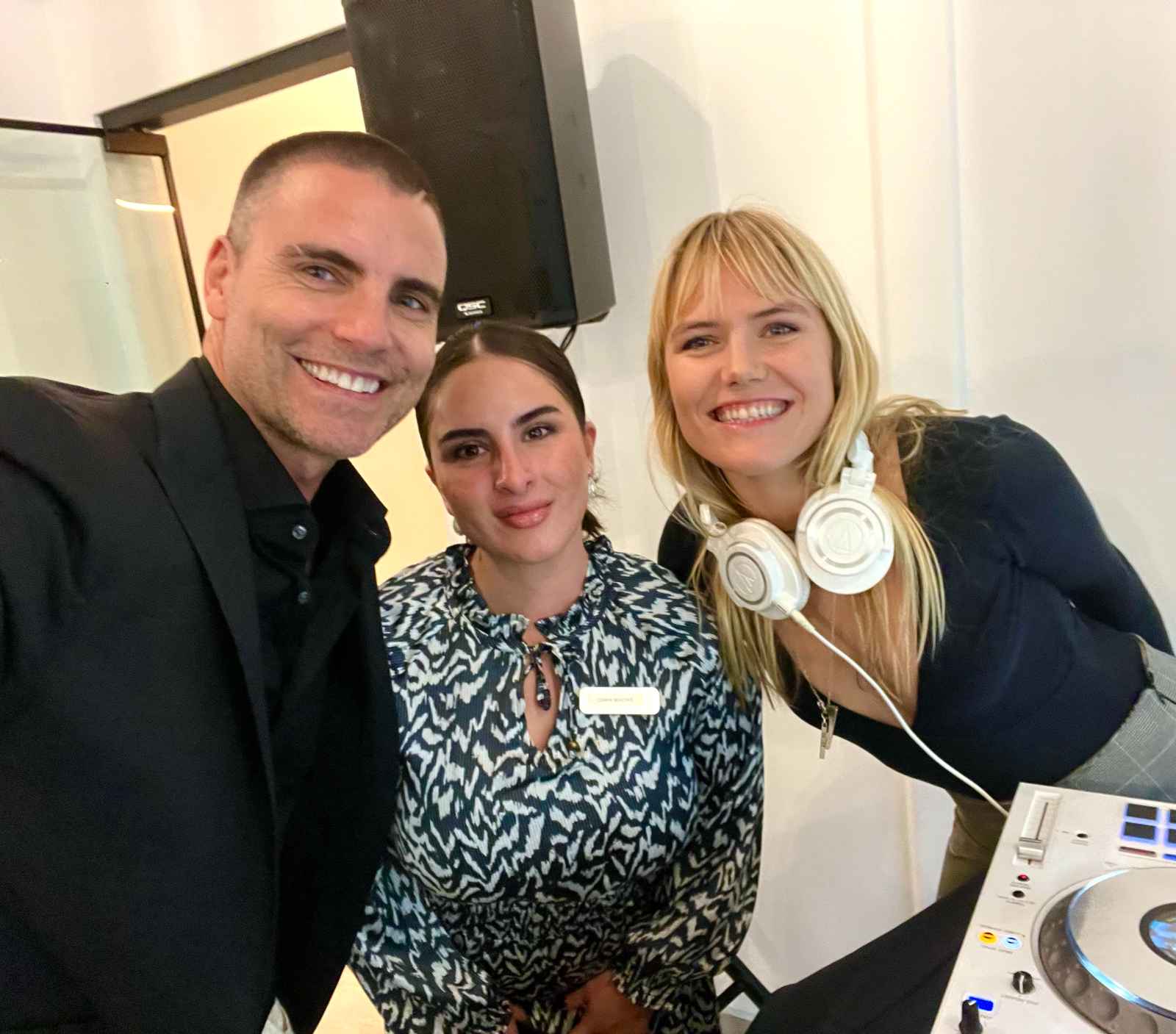
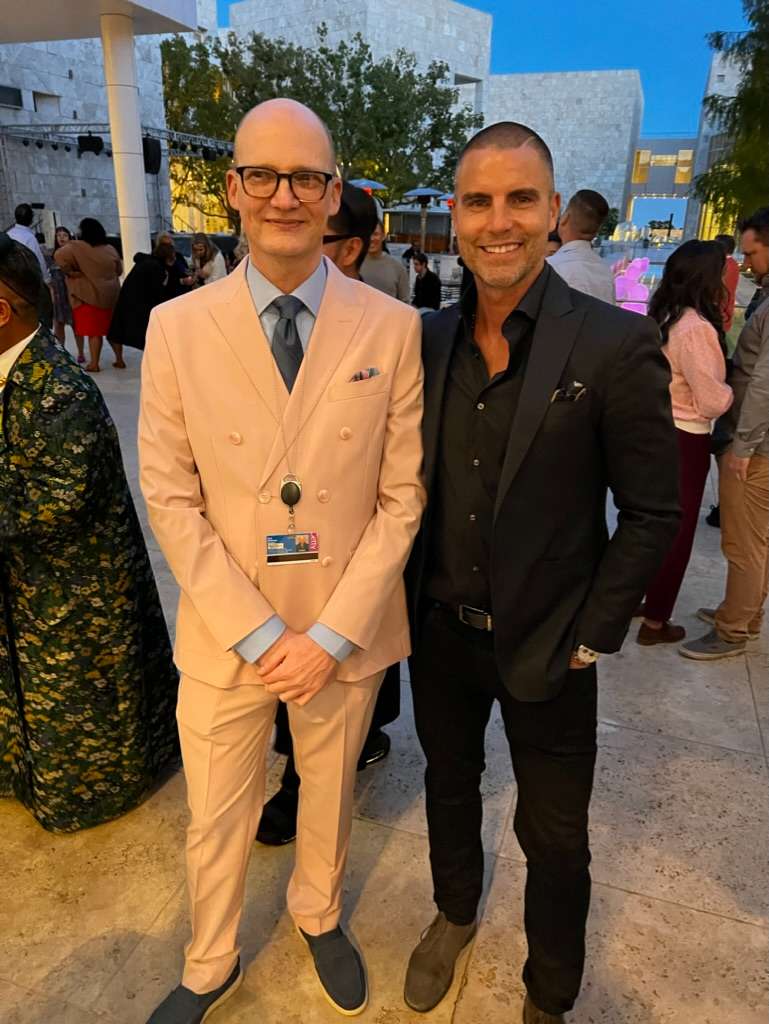



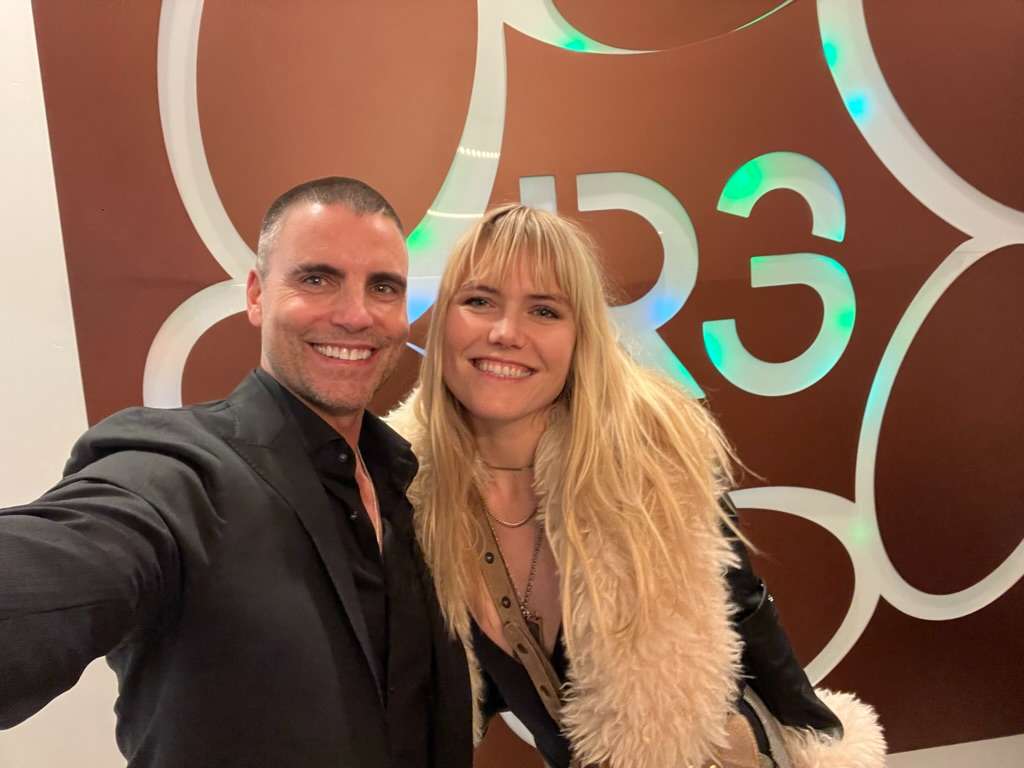
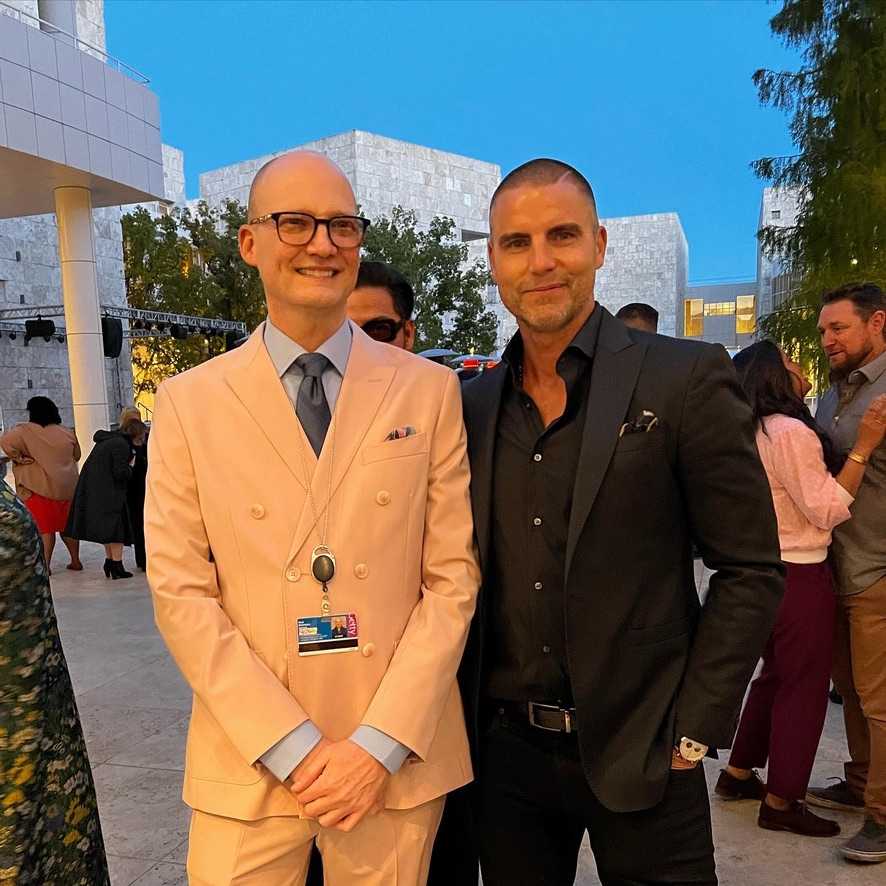
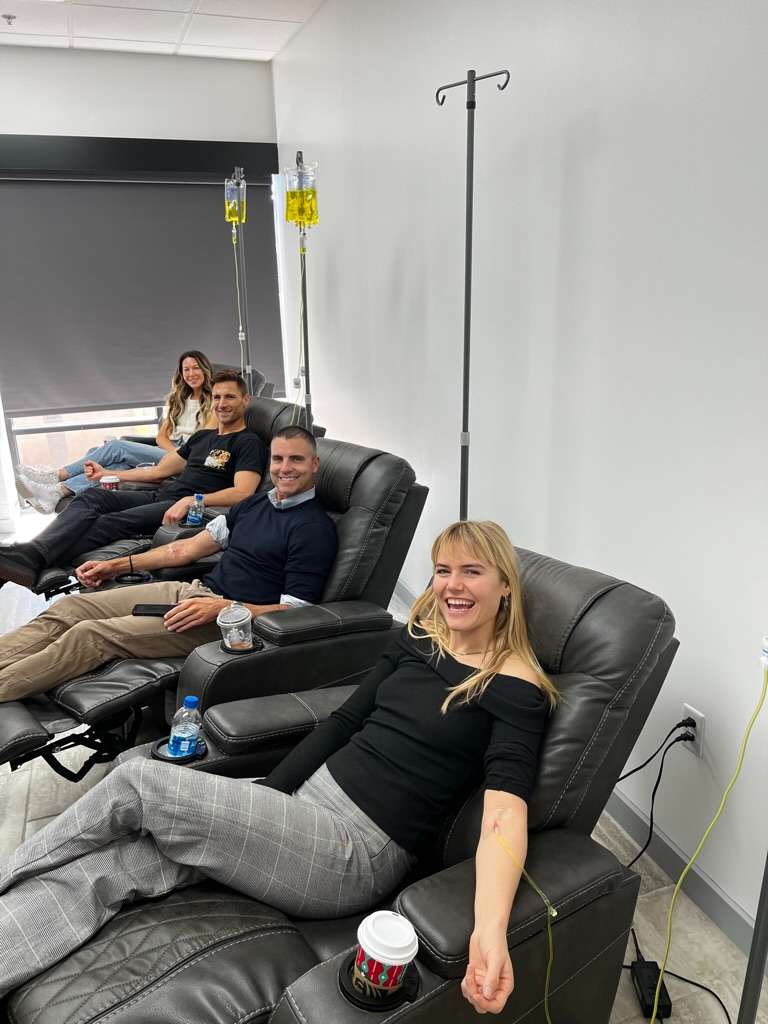
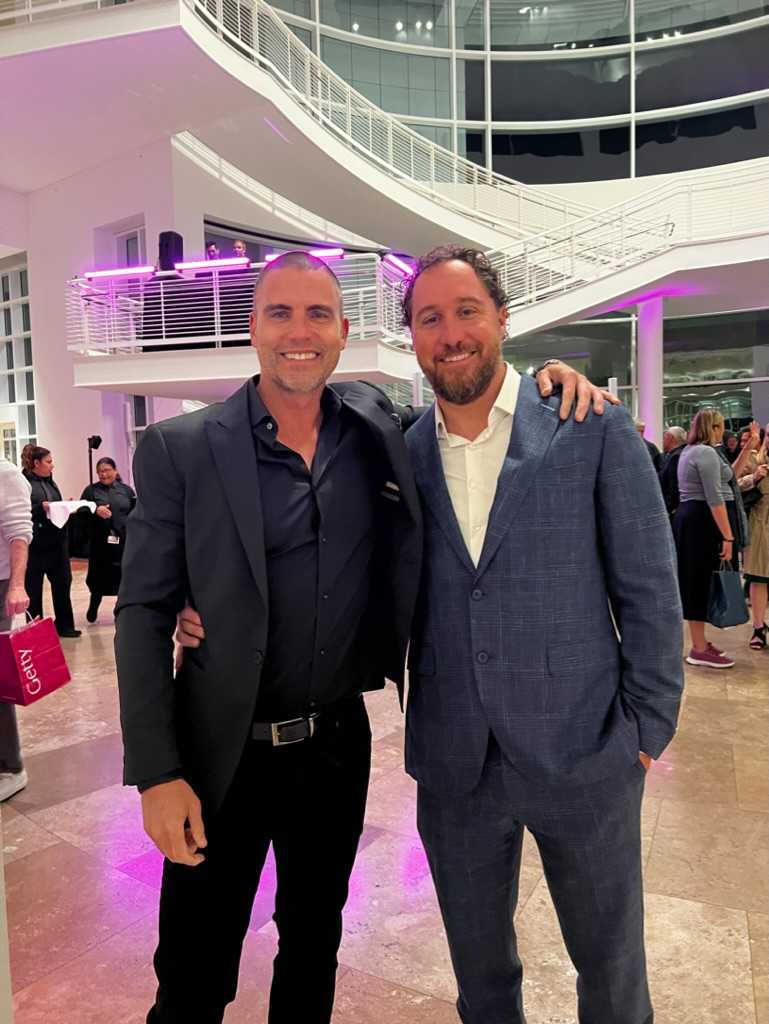
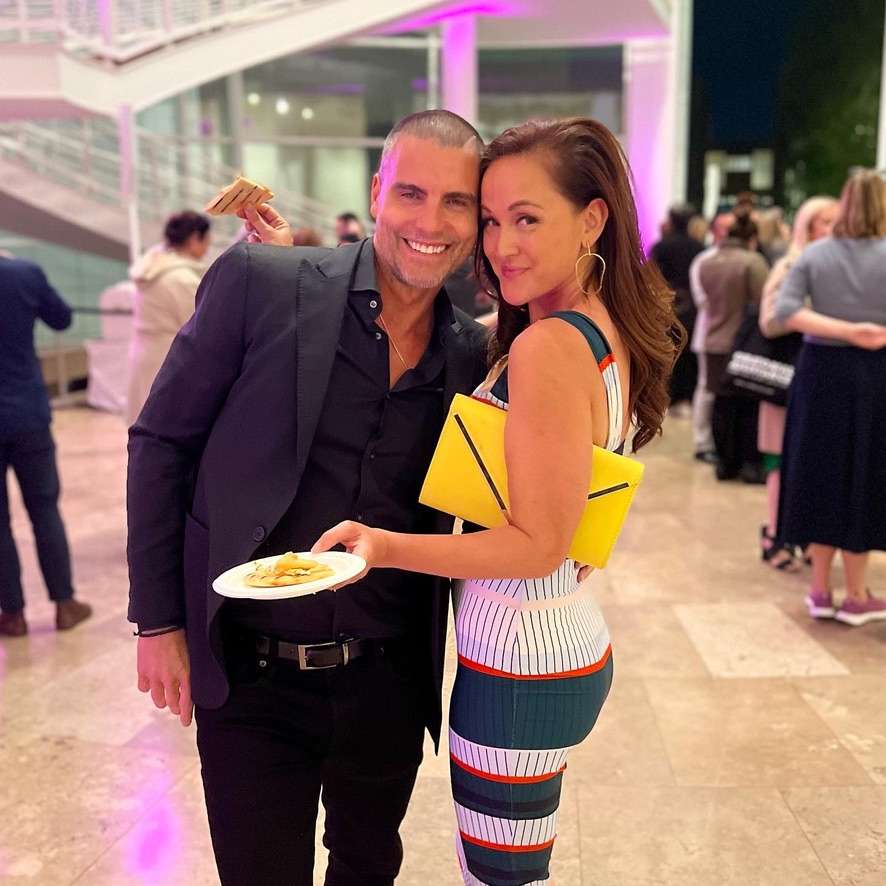





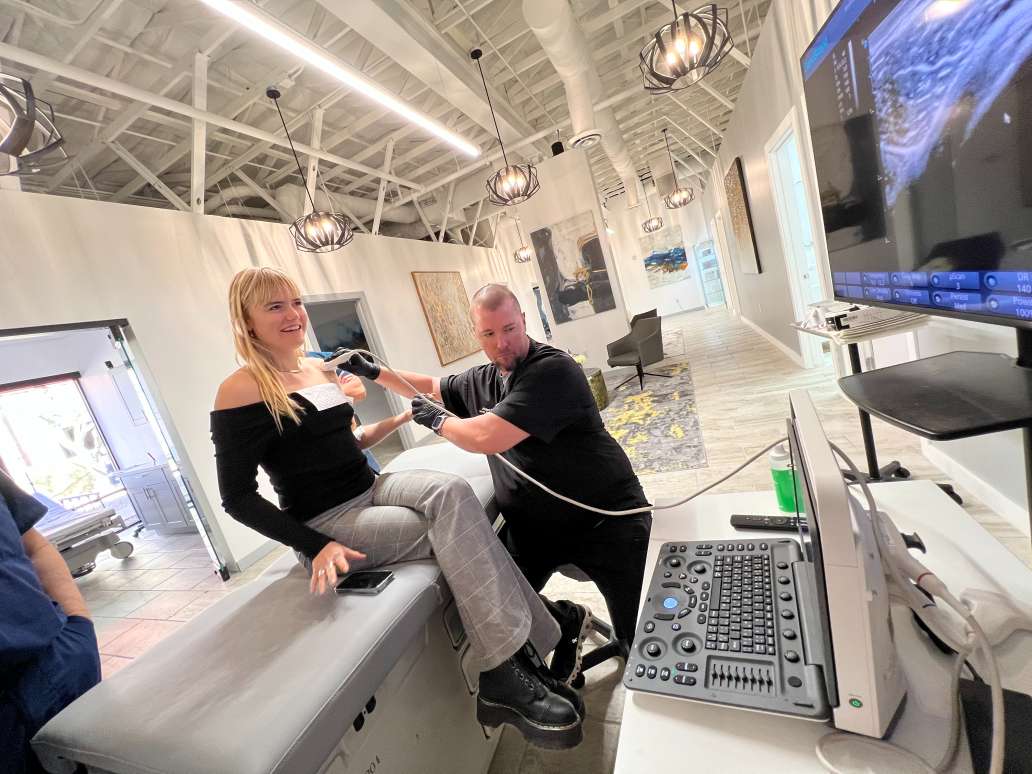
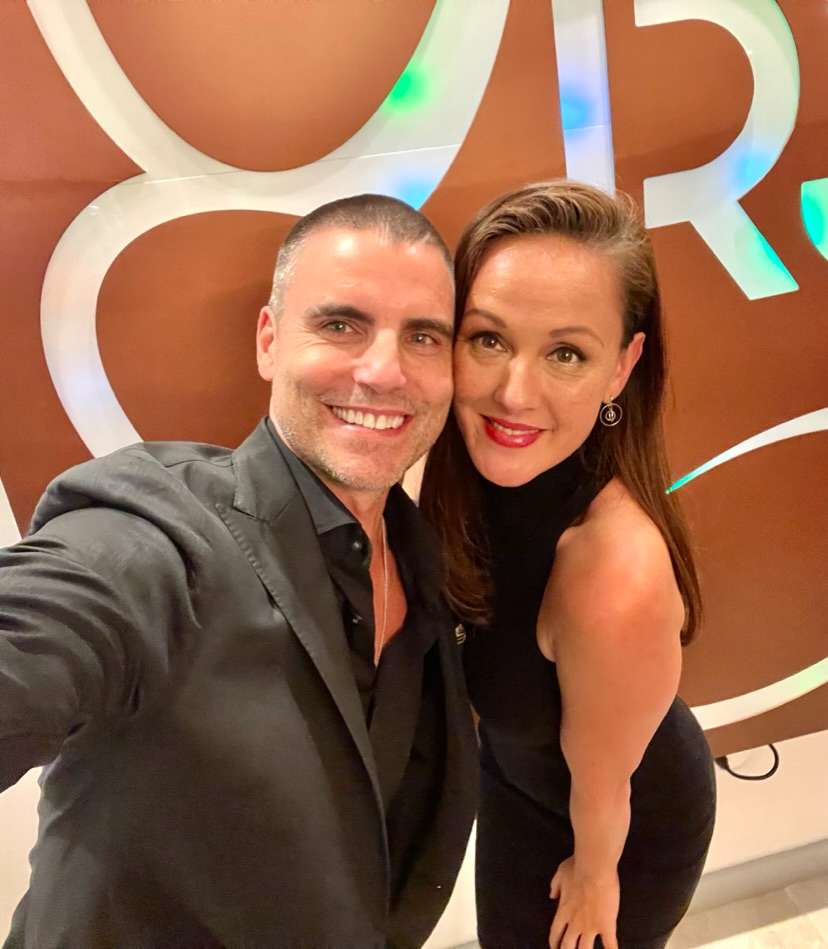
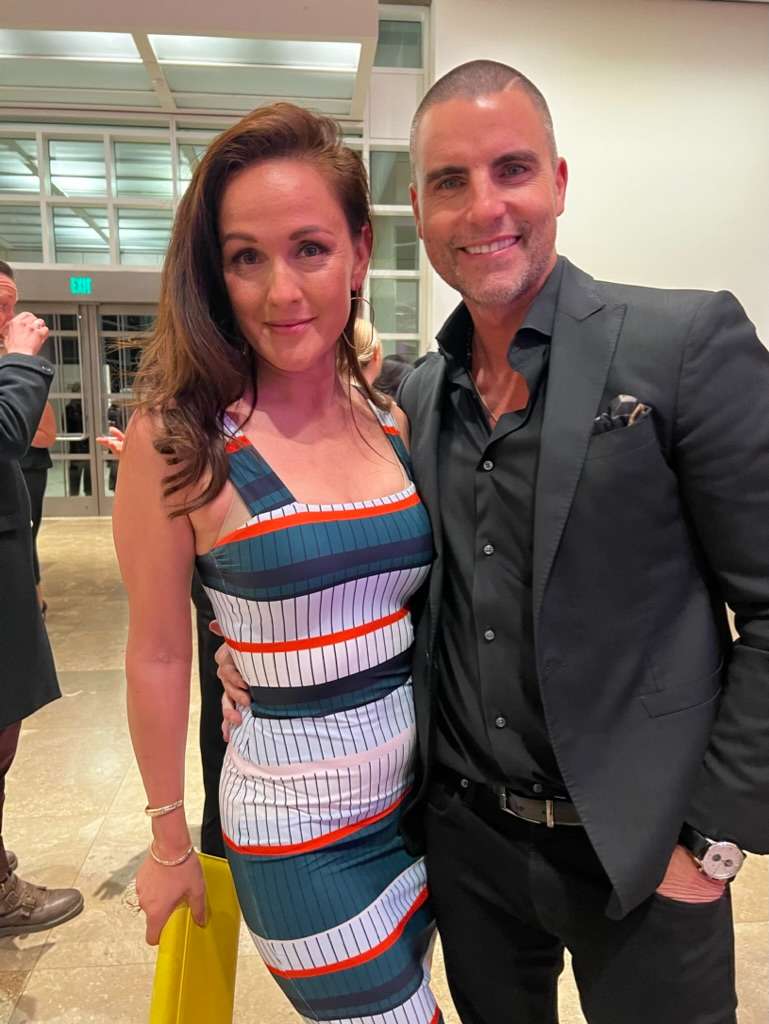



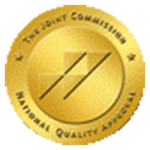


Sorry, the comment form is closed at this time.